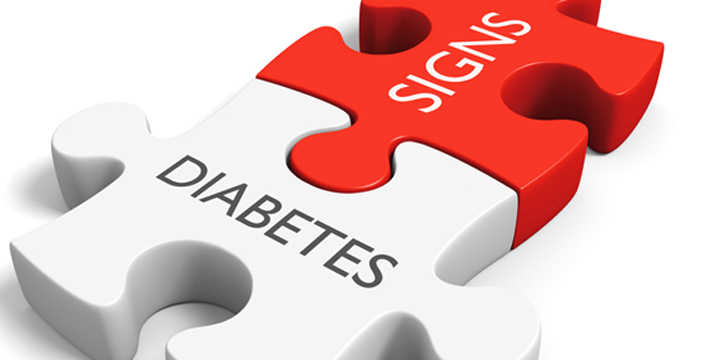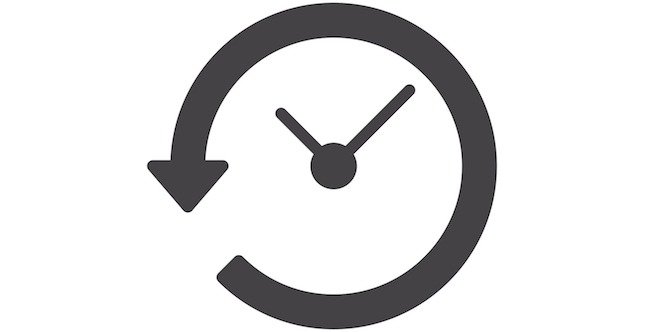
We think of type 2 diabetes as a chronic disease that can negatively impact our health the longer we have it. But more and more research is showing that some people with type 2 diabetes can achieve remission (or reverse their disease) using certain interventions. Here’s a look at what type 2 diabetes remission means and what may increase your chances of getting there.
What is type 2 diabetes remission?
If you have type 2 diabetes and are able to get your A1C below 6% without taking any diabetes medication for at least three months, you are considered to be in remission. For those with prediabetes, A1C levels should be between 6% and 6.4% for at least three months.
Is type 2 diabetes remission a cure?
No, remission is often temporary, and the chance of diabetes relapse is high. That’s why type 2 diabetes remission is considered an ongoing journey and those in remission should be checked for diabetes relapse at least every six months. Routine monitoring for diabetes-related complications should continue as well, including regular eye and kidney health tests etc.
What are the potential benefits of type 2 diabetes remission?
The long-term benefits of type 2 diabetes remission are still unknown. But in the short-term, achieving remission can reduce your risk of diabetes-related complications such as chronic kidney disease, heart disease and retinopathy.
Are there any potential risks?
Stopping certain blood glucose lowering medication(s) that help reduce heart and/or kidney disease complications may not be recommended for those with type 2 diabetes who have a history of cardiovascular disease and/or kidney disease. Keep in mind that there is also the potential for negative mental health impacts for those who don’t achieve or sustain diabetes remission. Remission is often temporary, and the chance of relapse is high.
Ask your doctor or diabetes care team to determine if type 2 diabetes remission is appropriate for you. If the answer is yes, they can help you determine the best strategies towards reaching this goal.
Who is a likely candidate for type 2 diabetes remission?
You’re more likely to be able to achieve remission if you:
- Were diagnosed with type 2 diabetes for a shorter time (less than 6 years)
- Are overweight or obese with the ability to lose weight
- Have blood sugar levels that aren’t too elevated
- Are not taking insulin
- Do not have a significant eating disorder or mental health condition
- Do not have cardiovascular disease, heart failure or chronic kidney disease
- Can work with a healthcare team with experience in this approach to type 2 diabetes management.
What are some options for achieving diabetes remission?
According to new Diabetes Canada Guidelines, there are three options for potentially inducing type 2 diabetes remission:
- Getting bariatric surgery for those with a BMI greater than or equal to 35.
- Following an 800-850 calorie-a-day diet (with meal replacement products), for three to five months with a goal of losing more than 33 pounds for those with a BMI of 27-45; this would be followed by a structured food re-introduction program and more physical activity.
- Exercise training (240-420 min/week) and a calorie-restricted diet for those with a BMI > 25.*
*NOTE: The evidence for this last approach is not as strong as for the first 2 options.
While the prospect of putting type 2 diabetes into remission is exciting, the reality is that this is not an option for everyone. Even if remission is achieved, monitoring your A1C must continue for the rest of your life as diabetes often comes back. Remember that even if you can’t reach diabetes remission, optimally managing your blood sugars and reaching healthy weight-loss goals are still successful milestones for your health.




